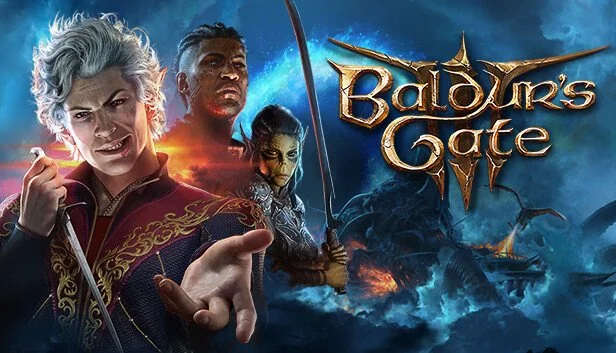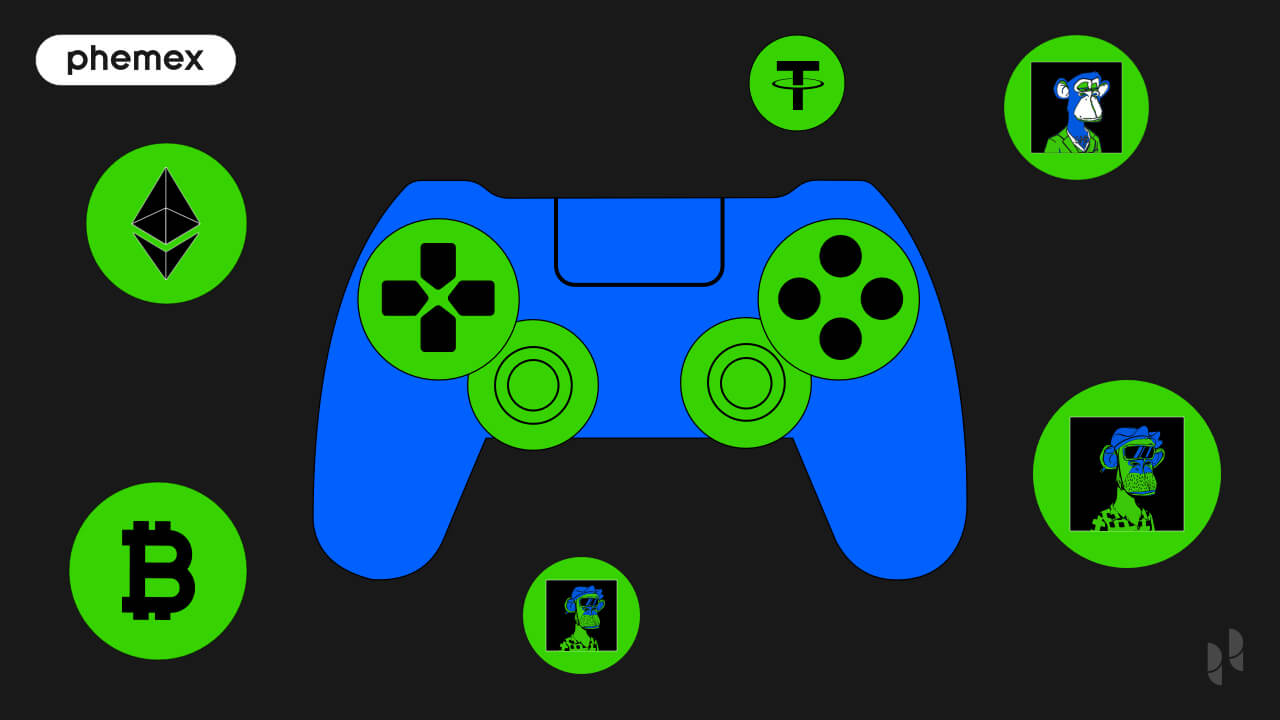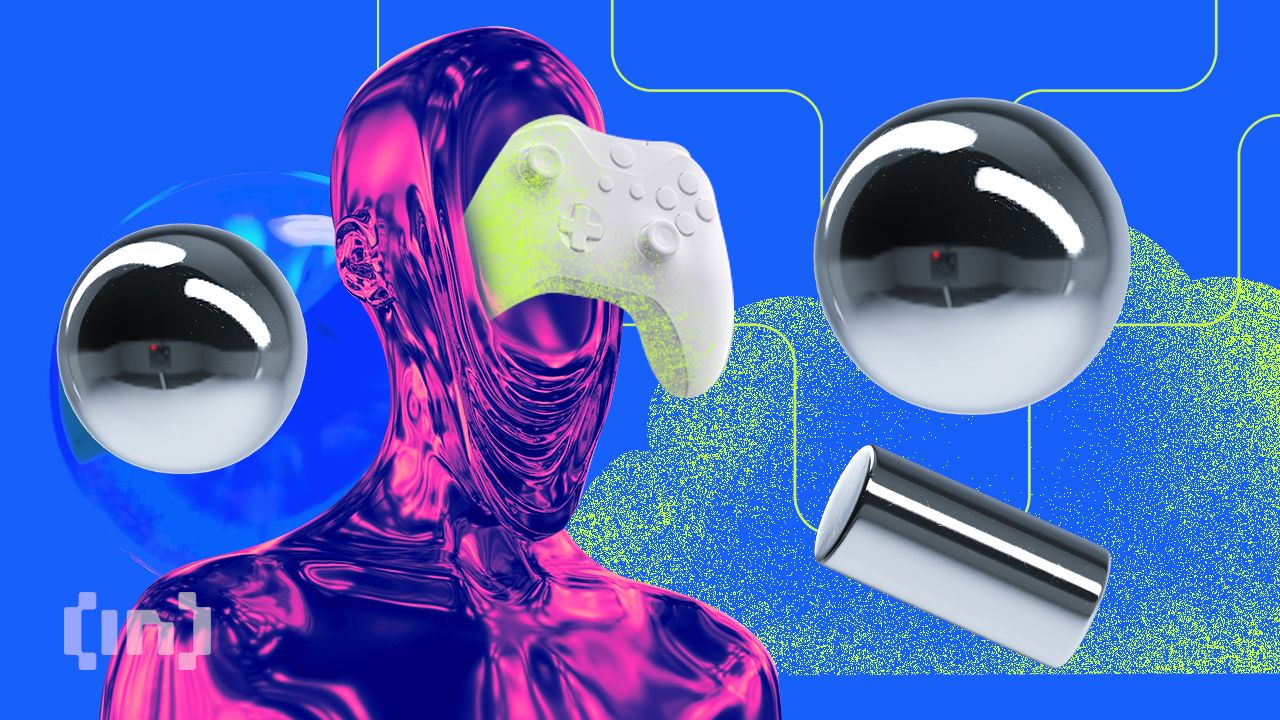Key Takeaways:
- Elon Musk’s xAI plans to release an AI-generated game by 2026.
- Larian Studios’ Michael Douse argues that real innovation requires human vision, not algorithms.
- The debate underscores a growing rift between AI-driven hype and human-centered creativity in gaming.
Elon Musk’s AI Gaming Ambitions Spark Industry Skepticism
Elon Musk has announced that his AI company, xAI, will release a “great” AI-generated video game by the end of 2026. But the promise—shared in a tweet featuring bland, AI-rendered footage of a fake military shooter—has raised eyebrows across the gaming world. Many view it as yet another overconfident claim from a billionaire with little understanding of the medium.
Among the critics is Michael Douse, director of publishing at Larian Studios, the developer behind the critically acclaimed Baldur’s Gate 3. Douse’s response to Musk’s announcement quickly went viral for its sharp insight into what makes games meaningful—and why AI alone won’t get us there.
Also read: Former Polygon staffers establish independent video game website Rogue
“AI Isn’t Going to Solve the Industry’s Big Problem”
Douse’s comments cut through the hype surrounding AI in game development. While acknowledging that artificial intelligence can serve as a useful tool, he emphasized that creativity, not computation, drives great games.
“AI has its place as a tool,” Douse wrote, “but we have all the tools in the world, and they aren’t compensating for the incredible lack of cogent direction. AI isn’t going to solve the big problem of the industry, which is leadership and vision.”
In other words, the problem isn’t the absence of technology—it’s the absence of purpose. Games resonate when developers build worlds that players genuinely want to explore, not when algorithms churn out content designed to keep them clicking.
A Tale of Two Approaches to Game Design
While Musk touts AI as the future of entertainment, studios like Larian are proving the opposite. Baldur’s Gate 3 succeeded precisely because of its human touch—rich storytelling, emotional depth, and careful design shaped by real developers, not machine learning models.
Douse’s critique highlights a growing divide between Silicon Valley’s techno-optimism and the craft of game development. The message from those actually making beloved games is clear: vision matters more than volume
The Bottom Line
Elon Musk’s promise of an AI-generated video game may sound futuristic, but industry veterans like Michael Douse aren’t buying it. For developers who value creativity, empathy, and intention, no algorithm can replace the human spark that turns games into art.
Disclaimer: The information in this article is for general purposes only and does not constitute financial advice. The author’s views are personal and may not reflect the views of GameDegen.com. Before making any investment decisions, you should always conduct your own research. GameDegen.com is not responsible for any financial losses.




